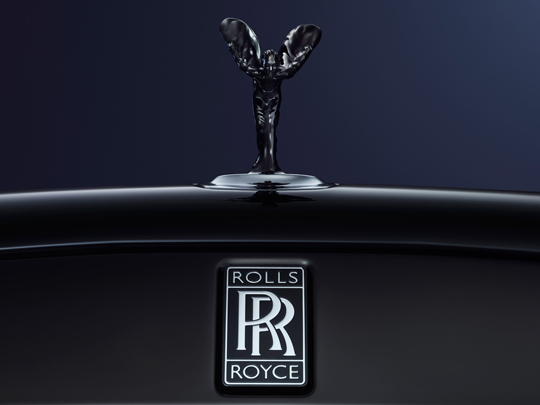New Delhi, Feb 11: A Delhi resident has approached the National Green Tribunal to be allowed to drive his 20-year-old Rolls Royce car.
 Cars older than 15 years are banned on the city's streets, among the world's most polluted, in efforts to improve air quality. The owner, who claimed to have been driving the vehicle on the roads only on exceptional occasions, has submitted that his classic model has run only 35,000 km since its registration in 1996 and it is a healthy condition and in no way harmful to the environment.
Cars older than 15 years are banned on the city's streets, among the world's most polluted, in efforts to improve air quality. The owner, who claimed to have been driving the vehicle on the roads only on exceptional occasions, has submitted that his classic model has run only 35,000 km since its registration in 1996 and it is a healthy condition and in no way harmful to the environment.
Taking note of the facts of the case, a bench headed by NGT Chairperson Swatanter Kumar sought a response of the government authorities on his plea to examine whether he can claim renewal of the registration of his Rolls Royce. The plea filed by Delhi resident Ashok Kumar Jain will come up for hearing on February 22.
The car owner said he purchased the Rolls Royce petrol-based car in 1995 and it was imported in 1996 after making a payment of 112,350 pounds, which was equivalent to Rs. 1 crore as on that date, along with customs duty.
He said the vehicle is insured and had requisite pollution test certificate and due to the tribunal's order, he would not be able to get his vehicle's registration renewed. He sought permission to use the vehicle after complying with necessary fitness certificate and pollution tests.
The petition said the tribunal while restricting the right of owners of petrol vehicles older than 15 years to ply on the roads of Delhi and NCR or from getting fresh registration in these areas, "did not consider the scenario of such classic models of luxury cars which have not lost their value despite the time period and would be worth upgrading to permissible fitness requirements under the Motor Vehicles Act for plying on the road".
It said such cars have gained a distinct sense of value due to their rare make and availability of the models in the market and Jain's vehicle is a classic model which could be recognised as a vintage model in course of time.
"...Applicant is even ready and willing to upgrade the car and make it compliant with the norms on emissions as required for plying the same in New Delhi.
"He has sought to upgrade his car if required to ensure that the car meets the emission standards as is required in India," it said, adding that he has approached manufacturers of the car in the United Kingdom who have agreed.
The tribunal had on November 26, 2014 banned plying of all diesel and petrol vehicles which were over 10-years-old and 15-year-old respectively on Delhi roads to tackle increasing air pollution.





Comments
Add new comment